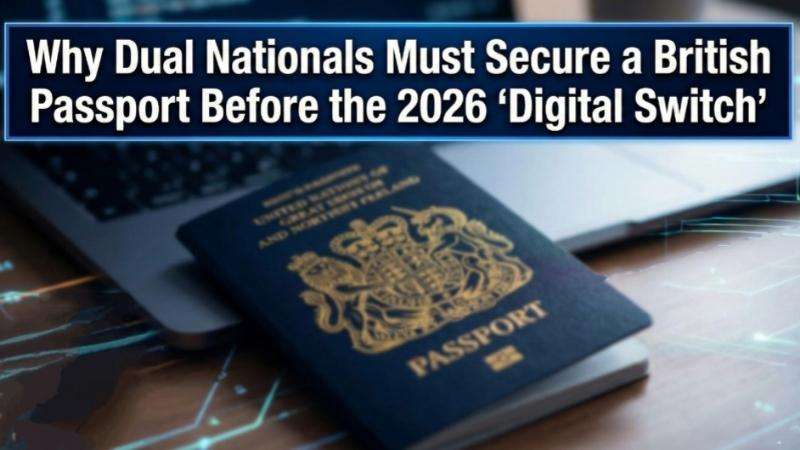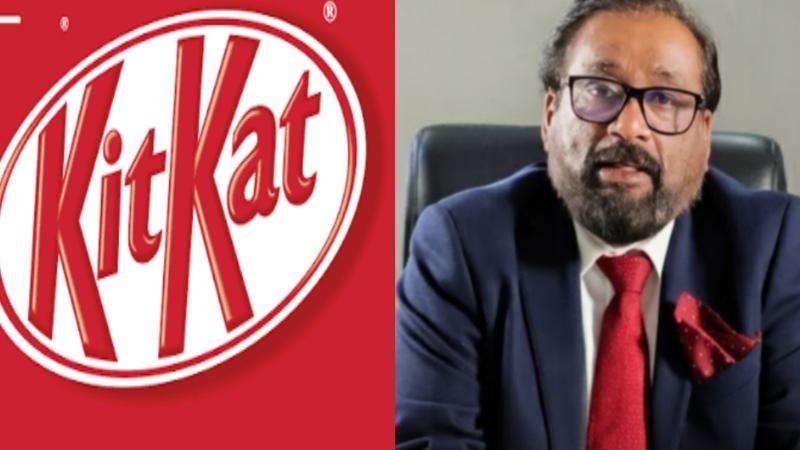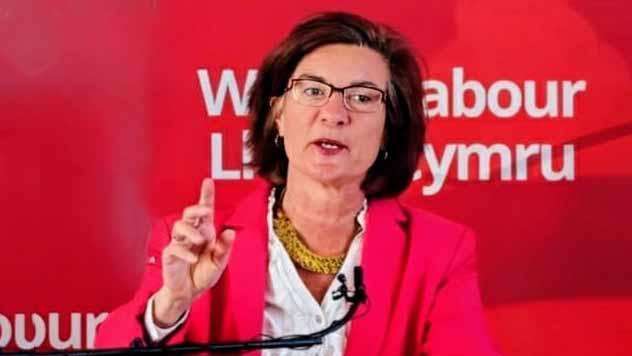The British Broadcasting Corporation (BBC) is facing a fierce new wave of criticism after a shocking revelation that it has squandered over £200,000 of licence payers' money on travel and accommodation bookings that were never actually used. This staggering sum, which critics point out is the equivalent of £800 being thrown away every week, is adding significant weight to the growing demand for a total overhaul of the corporation's funding model and its very public service mandate.
Newly released figures show that over the last five years, the BBC paid for 1,879 train tickets costing £110,000, 390 hotel rooms resulting in £79,000 in lost money, and 1,663 abandoned taxi trips that added up to a cool £27,000—all cancelled with no mechanism to reclaim the cash. While a BBC spokesperson defended the figures by citing the "significant amount of travel" necessary for a global 24-hour media organisation and the unavoidable nature of short-notice plan changes, this explanation has done little to placate campaign groups and politicians.
Elliot Keck, head of campaigns at the TaxPayers’ Alliance, lambasted the spending as a "damning indictment of the way that the broadcaster treats taxpayers’ cash," arguing that the current funding via the "hated TV tax" creates insufficient pressure on the BBC's bottom line. Similarly, Tim Scott of the Freedom Association was quick to point out the hypocrisy of the corporation, which frequently campaigns for an uprated licence fee, stating, "Greater accountability is needed and ultimately, the 1950s licence fee will have to be replaced by a subscription."
Losing the Information Race: The Audience Exodus
The controversy over internal waste comes at a critical time when the BBC is demonstrably struggling to maintain its position as the nation's primary source of information, both on TV and online. Recent data underscores a consistent decline in viewership, particularly among younger audiences who are increasingly abandoning broadcast television altogether. Critics contend that the BBC's slower, more cautious approach to reporting, an inevitable consequence of its public-service charter, means it simply cannot compete with the real-time, up-to-the-minute updates provided by its non-government, digital-first competitors.
This perceived lack of timeliness and agility in the digital age is leading to a steady audience exodus. Recent reports indicate the BBC's share of radio listening has fallen to a post-pandemic low, and they risk losing working-class viewers to alternative broadcasters like GB News who are perceived to reflect their concerns more authentically. The corporation has struggled to adapt to evolving viewing habits, with uptake on its iPlayer streaming service lagging among the crucial younger demographic, raising serious questions about the long-term viability of the current licence-fee funded model.
The Reform or Privatisation Mandate
The confluence of wasteful spending and declining engagement has sharpened the argument that the BBC either requires a radical reform or should be driven into the private sector entirely. Proponents of change argue that the licence fee—a flat-rate levy mandatory for watching live TV or using iPlayer—is an archaic and unsustainable relic that is fuelling both poor financial discipline and an out-of-touch programming strategy. Moving to a voluntary, paid subscription service, they contend, would finally enforce the market discipline needed to reduce waste and compel the BBC to create compelling, timely content that justifies its price and competes effectively with modern media rivals. For many, the squandering of £200,000 is not just a story about cancelled travel, but a clear sign that the institution is too unwieldy and unaccountable to be trusted with mandatory public funds, making the shift from a 'tax' to a choice a necessary step to stop the ongoing haemorrhage of licence payers' money.







.jpg)
.svg)

.jpg)
.jpg)
.jpg)